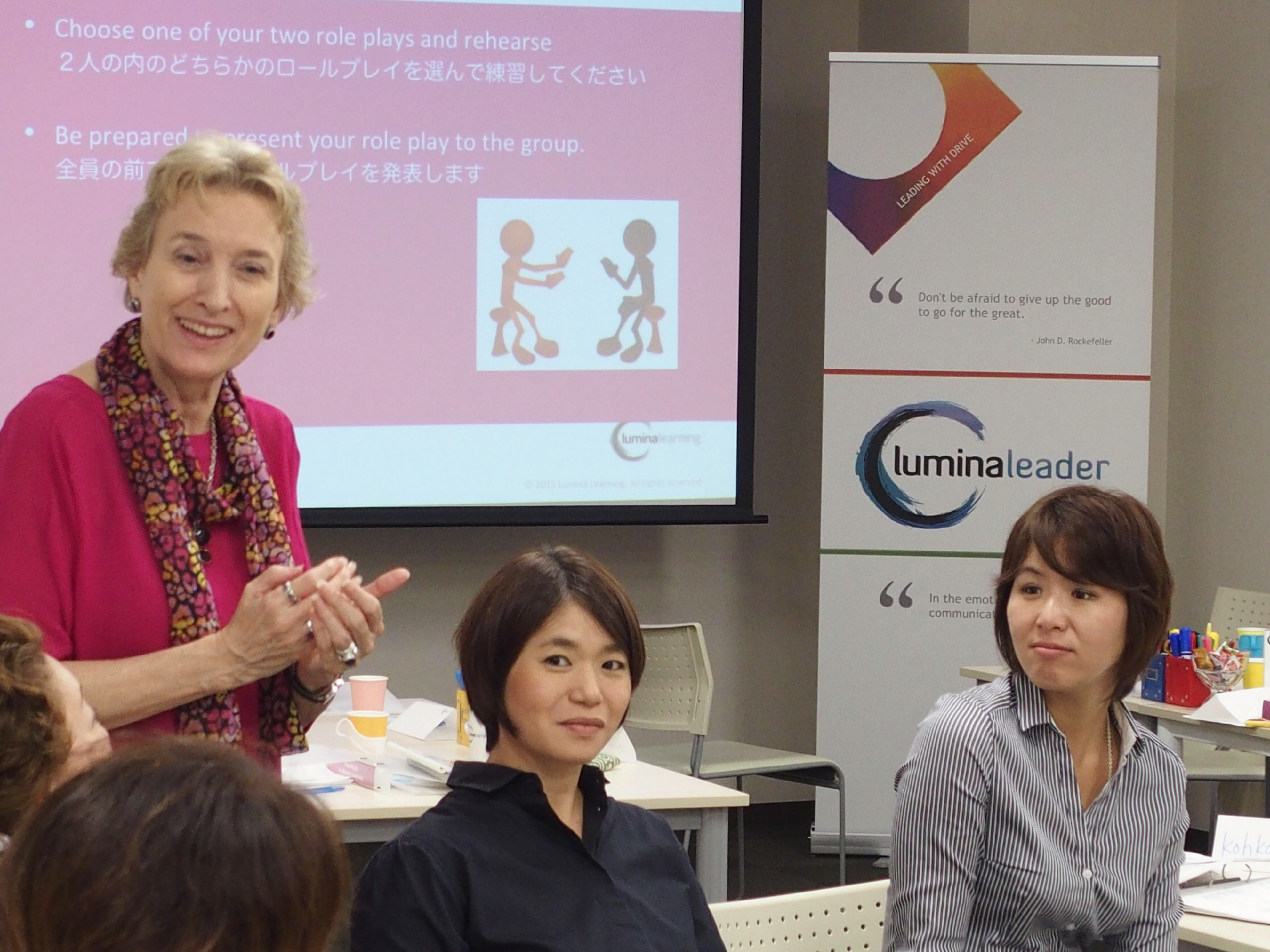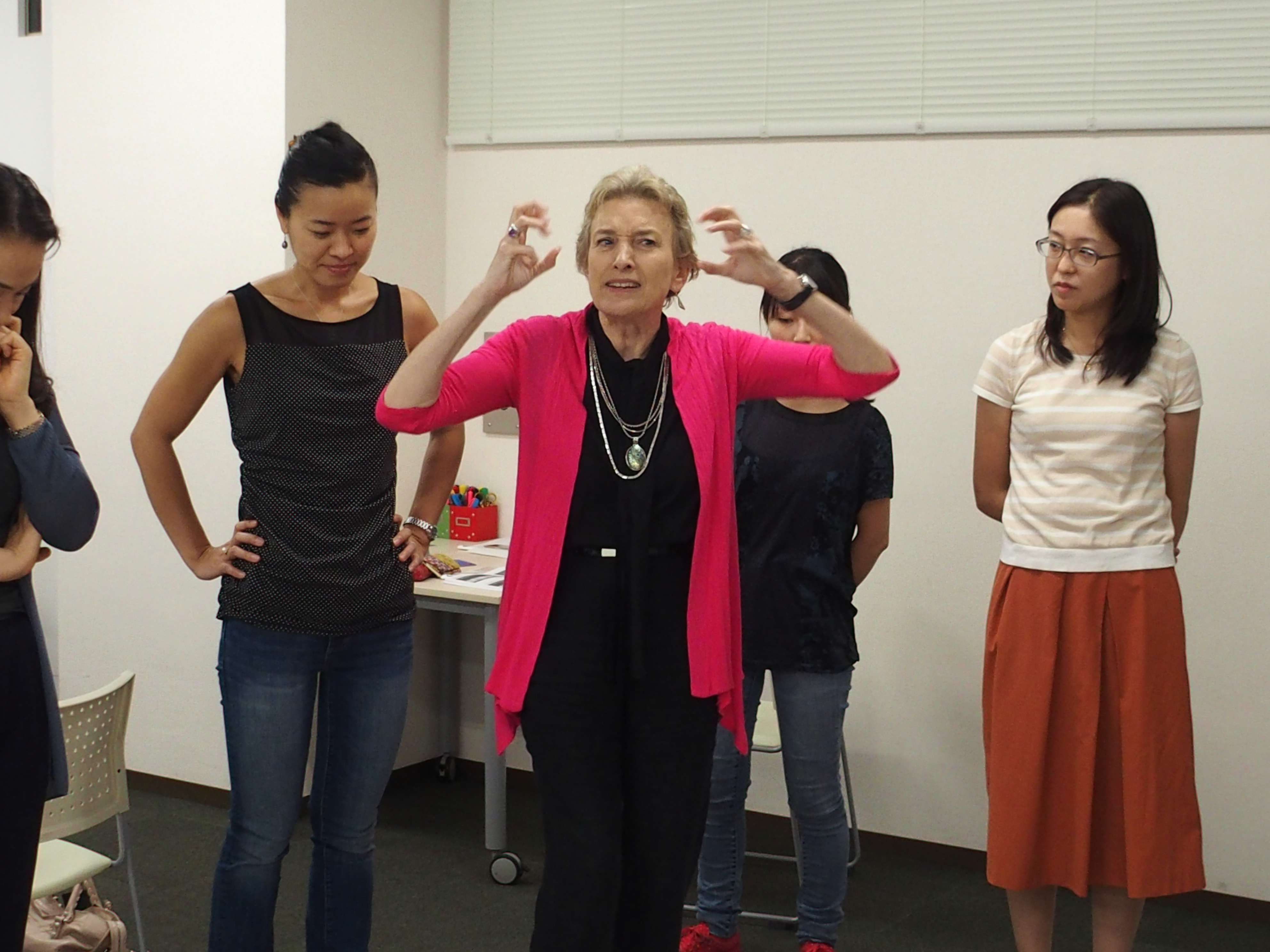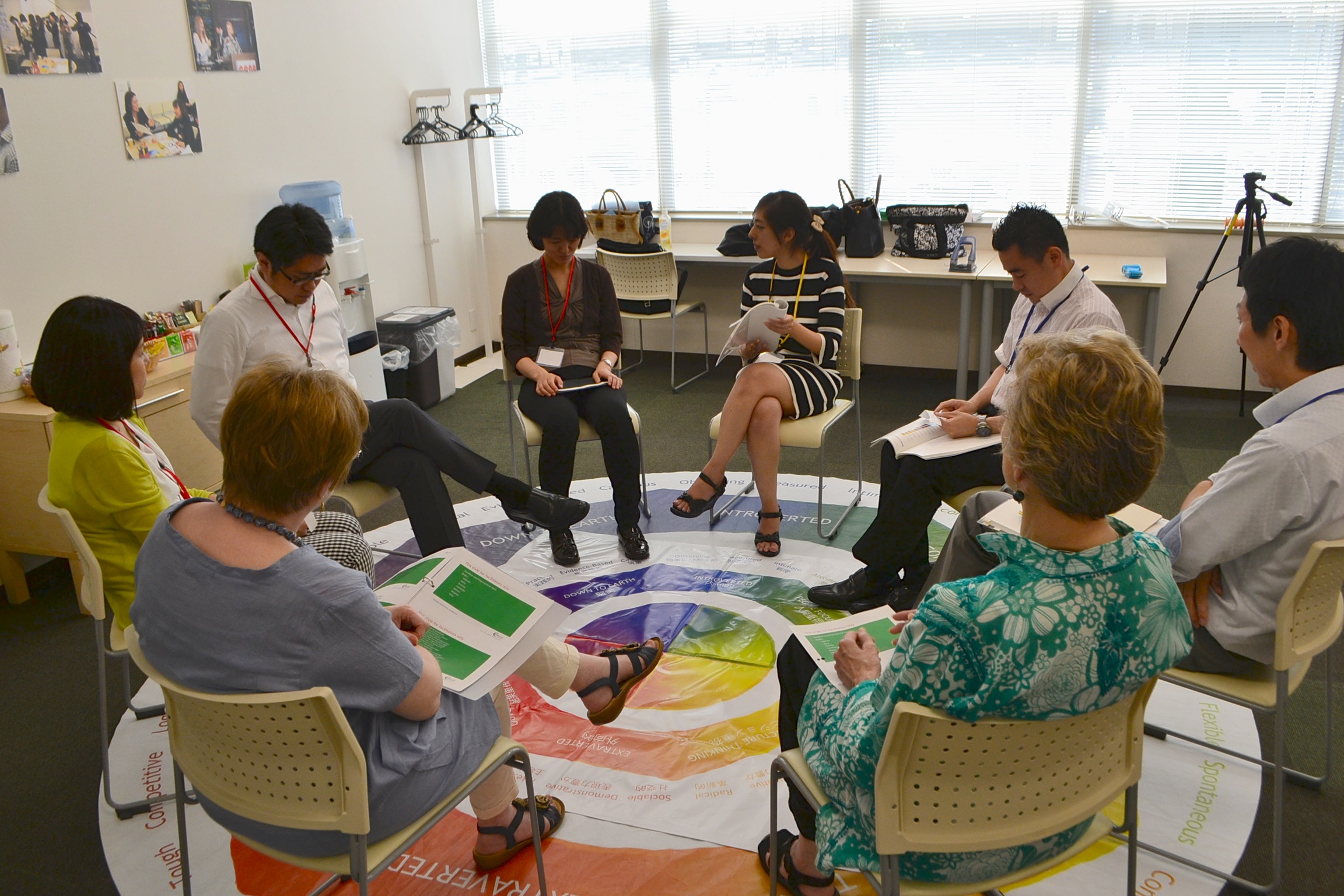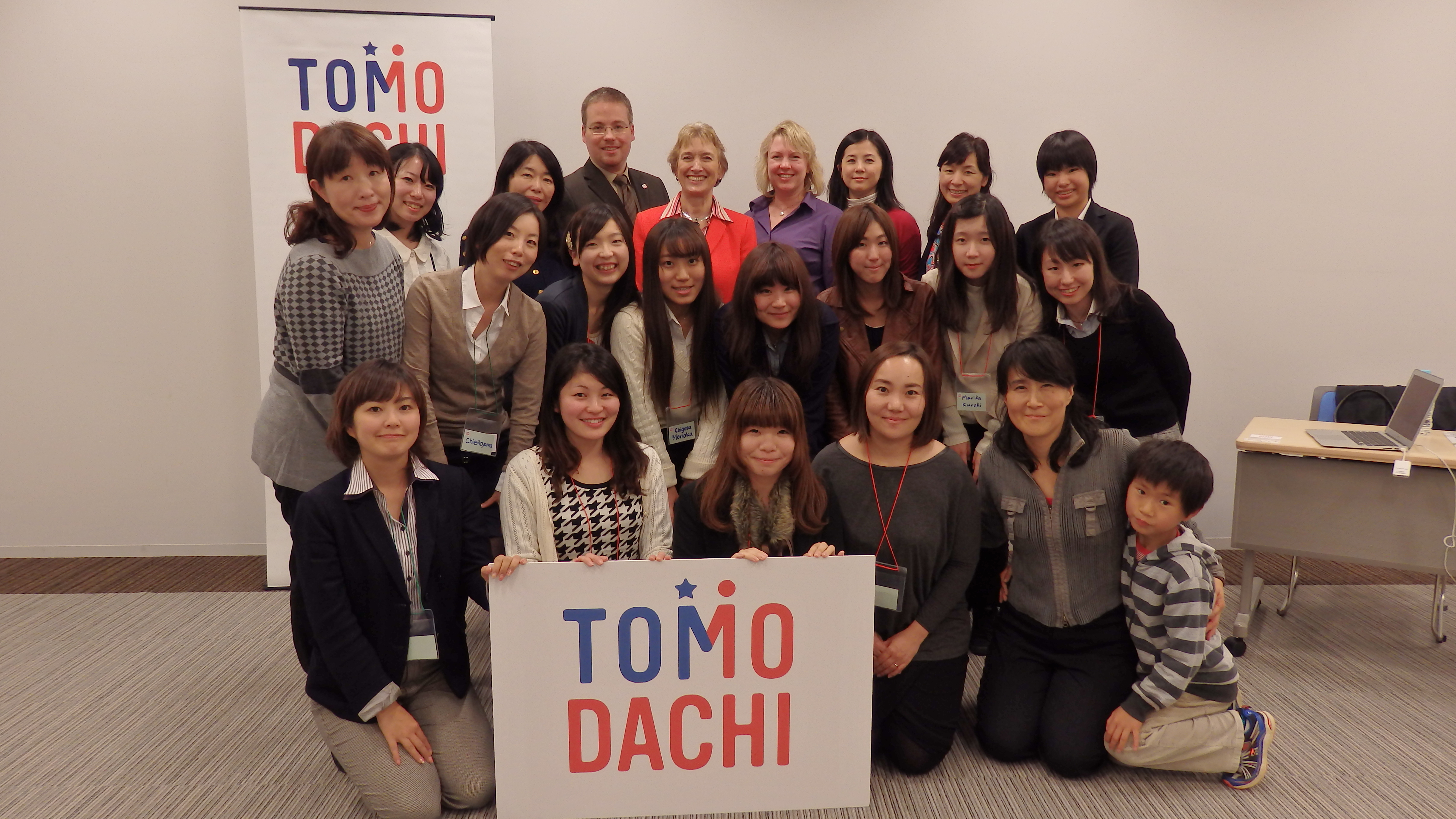
Elizabeth Handover describes herself as an accidental entrepreneur. Before joining the Japan branch of Lumina Learning, a global professional development provider, the actress-by-training founded a Tokyo-based bilingual theater company.
Interview with Lumina Learning’s Elizabeth Handover
The 38-year resident of Japan now prioritizes her career in professional development. Her pioneering foray into the business’s Japanese market even landed her the British Chamber of Commerce’s 2014 entrepreneur of the year award. Nevertheless, she regularly draws upon her thespian background in sharpening her clients’ interpersonal abilities.
Industry on the rise
The growing emphasis on productivity improvement has prompted business owners to seek out both quantitative and qualitative solutions. As a result, companies increasingly focus on nurturing a comfortable, productivity-oriented environment, a trend that has been particularly embraced by startups and Silicon Valley companies. Against this backdrop, professional development consultancies like Lumina have proliferated and thrived. Even in Japan, a society rooted in tradition and rigid hierarchy, has come to embrace the trend in the midst of economic globalization.
Handover’s multicultural background, acting experience and familiarity with local customs well position her to succeed locally. “Here in Japan, companies are good at developing products, services, and business process,” she notes. “But most of these companies aren’t as good and listening to their clients and understanding their deeper needs.”
Bottom up approach
Handover believes that strong team dynamics are important for the overall success of a company. Yet before teamwork skills can be developed, she notes the importance of individual improvement. “It’s first of all building individual ability,” she takes care to emphasize. “I can’t improve my individual capability unless I understand a) who I am b) my strengths and c) how I like to communicate with people.”
Conspicuously, she downplays the relative importance of addressing one’s weaknesses. This isn’t to say that personal shortcomings should not be dealt with. Handover clearly states, “It is really important that each one of us has a clear grasp of our strengths and weaknesses.” She nevertheless qualifies her statement. “We can waste a lot of time trying to develop our weaknesses and not really reaching our strengths. It’s important to focus on how we can leverage our strengths better.”
A big part of the curriculum involves enhancing communication skills and building trust. While Handover acknowledges that many individuals are innately blessed with strong interpersonal abilities, those who are not can still learn: “Some people are naturally gifted with people skills but these are skills we can all learn.”
Once communication and other individual skills have been refined, clients are more prepared to enhance their overall teamwork abilities. Japanese clients in particular learn to overcome their reluctance to voice opinions, which allows for more dynamic team interactions.
A passion for helping women

While Handover offers services to clients of all backgrounds, she has a particular passion for helping females. Japanese society, though liberalizing in certain regards, remains stubbornly patriarchal. Female executives are few in number compared to their Western counterparts and female labor participation is relatively restrained. Public dialogue on how to address this has steadily intensified the past few years but serious policy proposals are hard to come by.
Against this backdrop, Handover endeavors to help women in the workplace. “Even before I was a paid consultant, I worked to empower women,” she remarks. One of her biggest projects involved pairing up with the wife of America’s previous ambassador to Japan. The result: a rewarding project designing and facilitating a Women’s Leadership Program that is being facilitated across the country. “This year, I am working with more than a hundred women in Japan. It’s been a rewarding project. I’ve been working with the US Embassy and the US Japan Council. And in turn, this has helped to grow my business,” she added.
From her experience, Japanese women possess the education and intelligence to succeed in business and thrive in leadership positions. Yet even highly capable women are overly self-conscious of their weaknesses. “They often lack confidence and executive presence,” she notes, which ultimately inhibits their career progression. To enhance her clients’ confidence and gravitas, the actress-turned-consultant frequently taps into her dramatic expertise. In time, female clients learn to gain the physical presence and confidence that brought Handover success on the stage.
Advice for entrepreneurs
When asked about tips for entrepreneurs, Handover recalls some wisdom she received many years ago: “Just close the door behind you.” “Don’t get pinned down by fear; if you’re going do it, just step up and do it,” she continues. “If you close the door behind you, there’s only one way to go and that’s forward.”
She nevertheless also counsels patience. “When we don’t have success quickly, we lose motivation and give up,” claiming that a full 70% of business failures result from prematurely throwing in the towel. Handover herself has occasionally faced doubts about her various ventures out in Japan. But true to her own words, she’s stuck it out and is now doing better than ever.

